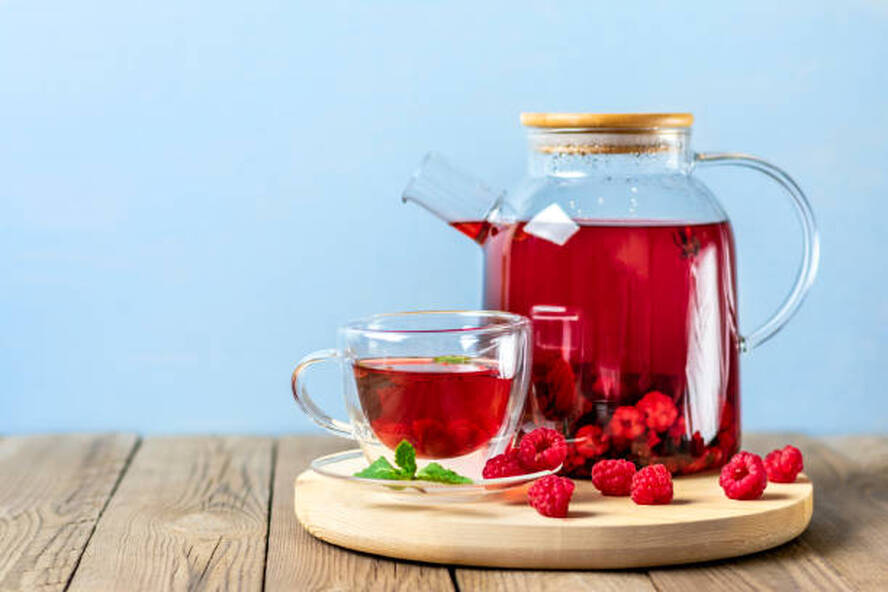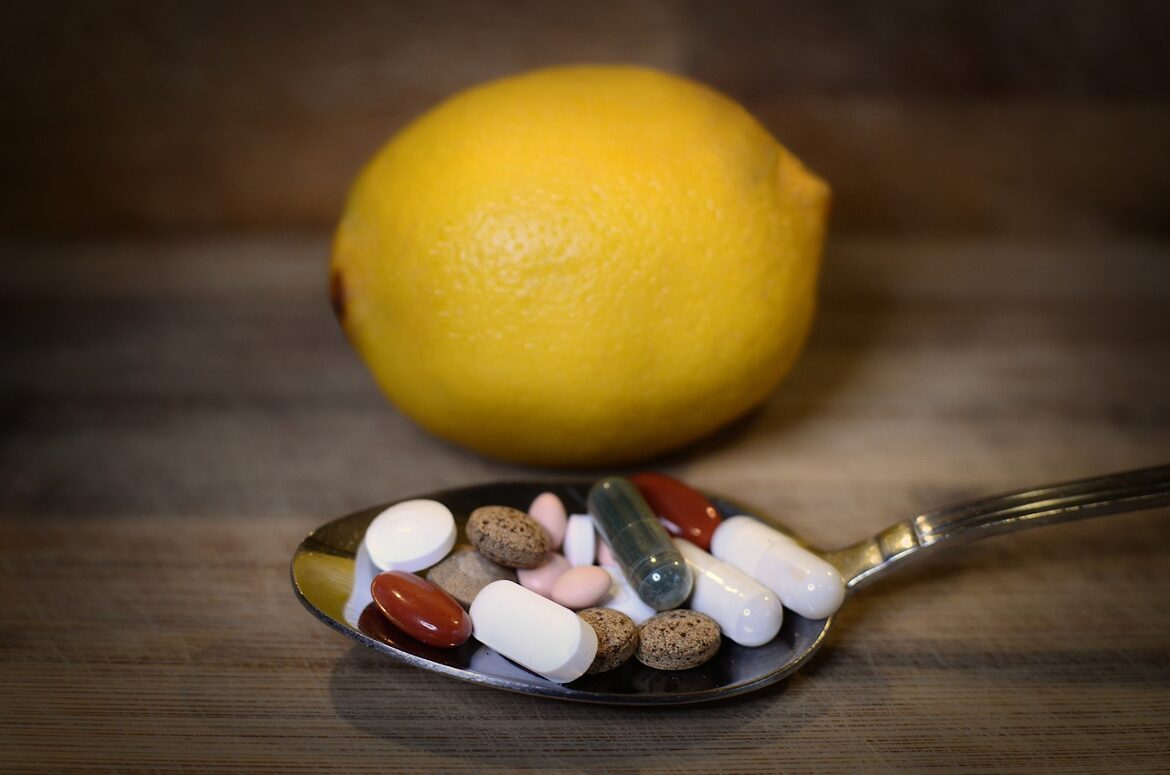|
Progesterone is an essential hormone in the female reproductive system, playing a crucial role in menstruation, pregnancy, and overall hormonal balance. When the body experiences low levels of progesterone, it can lead to a variety of symptoms and imbalances. In this article, we will explore the symptoms of low progesterone and discuss some potential solutions.
1. Irregular Menstrual Cycles: A primary symptom of low progesterone is irregular or absent menstrual cycles. Progesterone regulates the uterine lining, and when levels are low, menstruation may become irregular, occurring less frequently or sometimes not at all. 2. Mood Swings and Anxiety: Another common symptom of low progesterone is mood swings, anxiety, and irritability. Progesterone affects the brain's neurotransmitters, and a deficiency can lead to changes in mood, worsening symptoms of anxiety, and increased irritability. 3. Weight Gain and Fatigue: Low progesterone levels can also contribute to weight gain and feelings of fatigue. Progesterone plays a role in regulating metabolism and energy levels. When levels are low, it can lead to weight gain, especially around the abdominal area, and an overall lack of energy. 4. Fertility Challenges: In addition to the symptoms mentioned above, low progesterone can also impact fertility and increase the risk of miscarriage. Progesterone is essential for maintaining a healthy pregnancy, and when levels are low, it can make it difficult to conceive or maintain a pregnancy. Now that we have explored some symptoms of low progesterone, let's discuss potential solutions: 1. Hormone Replacement Therapy: Hormone replacement therapy (HRT) is a common treatment for low progesterone. This involves supplementing the body with external progesterone, either through oral medication, creams, or patches. HRT can help balance hormone levels and alleviate symptoms. 2. Lifestyle Changes: In addition to medical interventions, certain lifestyle changes can also help increase progesterone levels naturally. Symptoms of low progesterone, stress levels, getting regular exercise, maintaining a healthy diet, and avoiding exposure to environmental toxins. 3. Herbal Supplements: Some herbal supplements, like chasteberry and wild yam, are believed to support progesterone production. However, it's essential to consult with a healthcare provider before starting any herbal regimen to ensure safety and effectiveness. 4. Stress Reduction Techniques: As stress can impact hormone balance, incorporating stress reduction techniques into your daily routine can be beneficial. Practices such as meditation, deep breathing exercises, yoga, and getting enough sleep can help reduce stress and support hormonal health. In conclusion, low progesterone can cause a range of symptoms, impacting menstrual cycles, mood, weight, and fertility. If you suspect you have low progesterone, it's important to consult with a healthcare professional who can evaluate your hormone levels and recommend appropriate treatments. With the right approach, you can manage and alleviate the symptoms associated with low progesterone, improving your overall health and well-being. Education is a never ending process continue reading here: https://en.wikipedia.org/wiki/Progesterone.
0 Comments
Raspberry leaf tea has been used for centuries as a herbal remedy due to its numerous health benefits. While raspberry fruits are well known for their delicious taste, it is the leaves of this plant that offer a wealth of properties that can support overall well-being. In this article, we will explore some of the amazing benefits of raspberry leaf tea.
1. Menstrual Health: Raspberry tea benefit are for women experiencing menstrual discomfort. It is believed to help regulate and strengthen the uterus, which can reduce cramps, heavy bleeding, and other menstrual symptoms. Many women find relief and support from drinking raspberry leaf tea during their menstrual cycle. 2. Pregnancy Support: Raspberry leaf tea is widely recognized for its benefits during pregnancy. It is believed to strengthen the uterine muscles, preparing them for labor and delivery. Some studies suggest that consuming raspberry leaf tea in the later stages of pregnancy may help shorten the duration of labor and reduce the need for medical interventions. However, it is always important to consult with a healthcare professional before using any herbal remedies during pregnancy. 3. Digestive Aid: Raspberry leaf tea has a long history of use as a digestive aid. It has mild astringent properties that may help soothe an upset stomach, reduce diarrhea, and relieve symptoms of gastrointestinal distress. The tea is gentle and can be consumed regularly to support digestive health. 4. Rich in Nutrients: Raspberry leaf tea benefit are essential nutrients, including vitamins C, E, and B-complex, as well as minerals like iron, calcium, and magnesium. These nutrients play a crucial role in supporting overall health, boosting the immune system, and maintaining healthy bones and teeth. Drinking raspberry leaf tea can be a convenient way to supplement your daily nutrient intake. In conclusion, raspberry leaf tea offers numerous health benefits, from supporting menstrual health to aiding digestion and providing essential nutrients. However, it's essential to remember that herbal remedies may affect individuals differently, and it's always recommended to consult with a healthcare professional before adding any new remedies or supplements to your routine. If you're looking for a natural, delicious tea that can support your well-being, raspberry leaf tea is definitely worth considering. For more information about this post, visit:https://en.wikipedia.org/wiki/Red_raspberry_leaf. 11/5/2023 0 Comments Natural Antibiotics for HumansAntibiotics are commonly prescribed medications that help fight off bacterial infections. However, the overuse and misuse of antibiotics have led to the development of antibiotic-resistant bacteria, making it challenging to treat certain infections. As a result, many people are seeking natural alternatives to boost their immune systems and combat infections. In this article, we will explore some natural antibiotics that can be used by humans.
1. Garlic: Garlic is a powerful natural antibiotic due to its active component called allicin. It has strong antimicrobial properties and can help fight off various types of bacteria, viruses, and fungi. Adding garlic to your diet can strengthen your immune system and assist in preventing and treating common illnesses. 2. Honey: Honey has been used for centuries for its medicinal properties. It has strong antibacterial and antifungal properties, making it an excellent natural alternative to antibiotics. Applying honey topically can help heal wounds and prevent infection. Consuming raw honey can also boost your immune system and aid in treating respiratory infections. 3. Turmeric: Curcumin, the active compound in turmeric, has powerful antibacterial, antifungal, and antiviral properties. It can help combat various infections, including respiratory tract infections, skin infections, and stomach infections. Adding turmeric to your meals or consuming it as a supplement can provide natural antibiotic benefits. 4. Echinacea: Echinacea is a popular herb known for its immune-boosting properties. It stimulates the production of white blood cells, which are essential for fighting off infections. Echinacea supplements or tea can be beneficial in preventing and treating respiratory infections, common colds, and flu. Learn more information here about natural antibiotics bacterial infection. While these natural antibiotics can be effective, it is important to note that they may not be suitable for all infections or as a replacement for prescribed antibiotics in severe cases. It is always best to consult with a healthcare professional before using any natural remedies or stopping prescribed medication. In conclusion, incorporating natural antibiotics into your routine can be a great way to boost your immune system and potentially fight off certain infections. Garlic, honey, turmeric, and echinacea are just a few examples of natural alternatives that have been used for centuries. However, it is important to use them responsibly and consult with a healthcare professional for proper guidance. To get more knowledge about this post, visit: https://en.wikipedia.org/wiki/Antibiotic#Phytochemicals. |
AuthorWrite something about yourself. No need to be fancy, just an overview. ArchivesCategories |



 RSS Feed
RSS Feed
